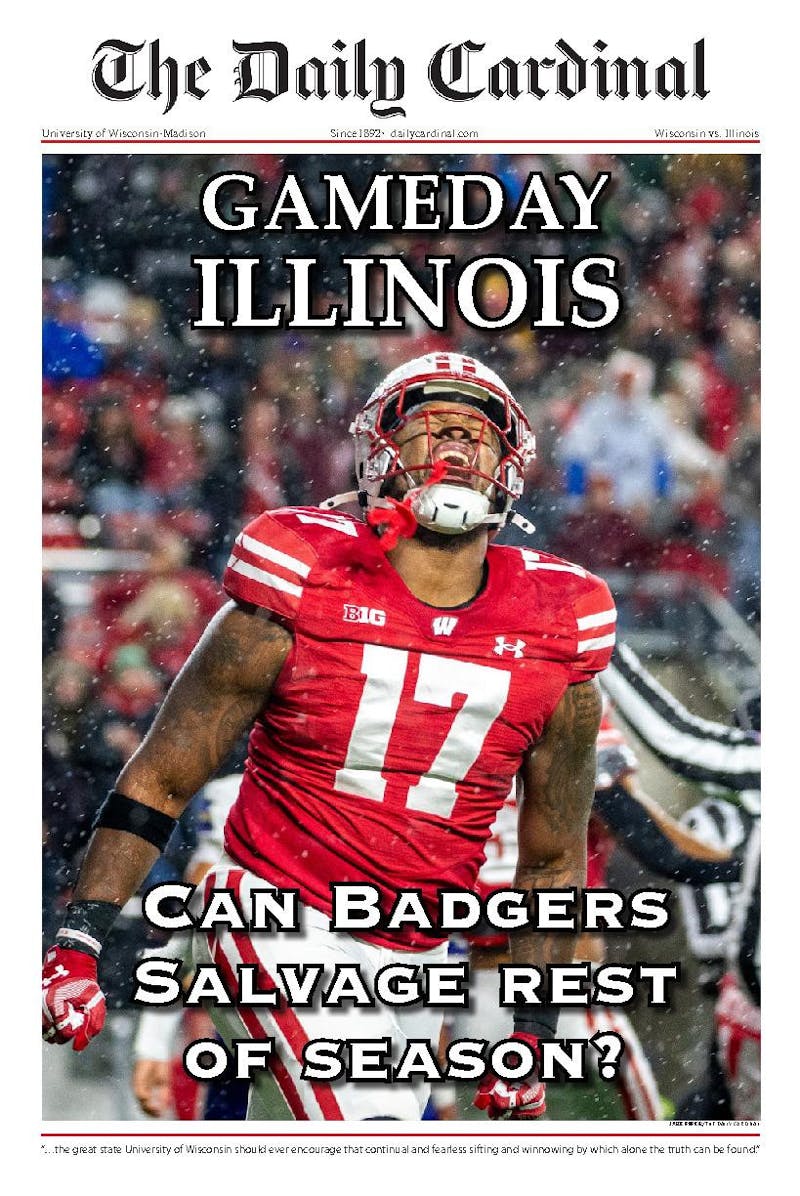Much to our dismay, the downtown bar attrition plan gained momentum April 19, as the Madison Downtown Coordinating Committee voted 7-5 in favor of recommending the plan to the Alcohol License Review Committee.
The decision to advance the Alcohol Density Plan came with four caveats, however, and though they do not overcome our opposition to the plan, they mitigate some of our concerns.
The first condition set forth by the MDCC requires any ""bona fide restaurant""—defined as any establishment licensed to sell liquor in a 50:50 ratio to food—must verify equal alcohol-to-food sales at the city's request. This condition updates the previous standard that required the city to give restaurants advance requests to quantify alcohol-to-food sales.
This update has its merits—it keeps restaurants accountable, prevents falsified sales records and avoids profit building via cups rather than plates. On the other hand, the new standard runs the risk of putting restaurants on the line if their alcohol revenue edges out food revenue on a given night.
The original draft of the density plan resolved that ALRC and the Madison City Council would engage in active, holistic evaluations of licensed restaurants, monitoring factors such as hours of operation and food service, types of food offered, entertainment and seating arrangement for patrons (i.e. amount of vertical drinking space).
Although it is necessary to hold restaurants accountable for revenue ratios, it may be worthwhile to defer to these factors if the stringent new accountability policy puts a restaurant's permit in question.
MDCC's second condition requires the density plan to undergo an annual review of progress and effects. Given the plan's goal to gradually reduce alcohol permits and thereby alcohol-related problems, it is crucial to regularly review the plan to gauge its success. While we recognize that the plan will not produce immediate results, it is nonetheless wise to track correlations between the number of downtown alcohol permits and crimes associated with alcohol consumption.
The third condition calls to reduce the plan's duration from seven to four years and submit for approval after the first phase. This bolsters the previous standard, ensuring the city will neither fund nor support a plan that fails to reap results.
Finally, MDCC called to extend the grace period given to new establishments looking to open in the downtown area from 60 to 120 days. As downtown businesses adjust to the density plan, this will ease the pace of alcohol permit transactions.
Overall, we do not support the density plan. Still, we recognize that these four amendments improve a flawed policy.





